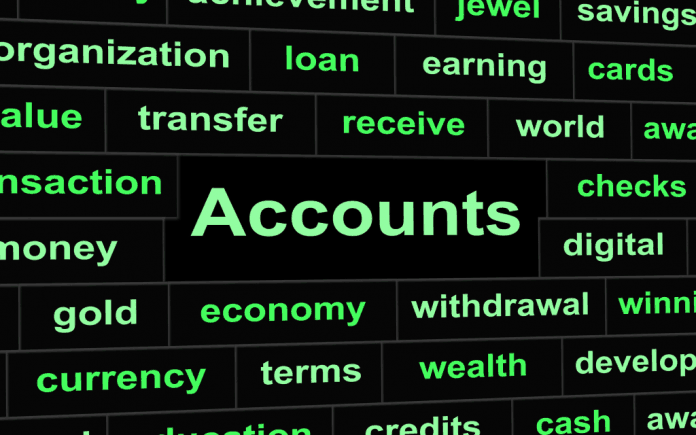Canadians personal debt levels have hit a record high. The average Canadian household now has $1.68 to every dollar of earned income. Looking at those statistics, it’s no wonder that more and more people are trying to figure out how to cut their spending and redirect more of their income to paying off their (sometimes substantial) debt. If you’ve never followed a budget or curbed your spending, it can feel overwhelming to start.
Debt consolidation?
Low interest credit cards?
The amount of phrases flying around can make it seem downright daunting to start your journey to better financial health. To help, we’ve put together a short list with 5 of the best ways you can manage your spending.
1Record your expenses
This is tedious but incredibly beneficial task. Logging all of your expenses over the course of two weeks to a month will allow you to accurately gauge what you’re spending the most money on. Without seeing where your money is going, it’s difficult to get a handle on how to stop it. Consider this, if you buy a cup of coffee for $2.50 every two days, by the end of the month that has added up to about $37.50. Continue with this pattern and you’ll have spent around $450 on coffee in one year. While it may seem like an over exaggeration, many people are surprised to find that it’s the little bits of spending that are often the largest sources of unnecessary money loss.
2Keep your credit card expenses to a minimum
Credit cards can be very useful items. Rewards programs, money back and credit building are all very handy things that credit cards provide us with, unfortunately they are often used for unnecessary items or seen as ‘free money’. If you carry a balance month to month, you are being penalized with extravagant interest charges that can add up quickly. When using your credit card, it’s important to remember that you are utilizing money that does not belong to you. Consider this; would you borrow money from a friend or family member to buy that pair of shoes? Probably not. Your credit card is the same. Do your best to keep credit card expenses to a minimum and work towards paying off your balance in full each month.
3Learn to budget
When starting out, having a budget in place can provide the structure for the way you’ll handle your finances. Budgets help people develop financial discipline by forcing them to adhere to its boundaries. To make a successful budget you must first record your expenses, and then you must reconcile your budget against your actual income. Use an intuitive spreadsheet program like Excel so that your expenses, income and debt can be automatically calculated on a weekly basis. A budget will allow you to see if you are indulging in things you can’t really afford or if you actually should have money left over to put towards a savings account.
4Use coupons
Stop throwing out those flyers you get in the mail and instead, sit down and look through them to see if there are coupons of offers applicable to items you need to purchase. Coupons and cash-back shopping sites allow people to take advantage of savings that they may not even be aware of. Some people will not use coupons out of embarrassment, but there is no reason to feel embarrassed for being financially astute. In fact, you should only be embarrassed if you paid full price for something you didn’t need to.
Keep in mind, only use coupons on things you actually need. Using coupons to purchase unneeded items does not help your bottom line.
5Pay yourself first
Paying yourself first does not mean you get to take a part of your paycheck to go buy whatever you want. In fact, paying yourself first applies to sectioning off your finances to better allow you to afford your lifestyle. When you get paid, separate the money you need you need to pay your bills and place it in a separate account that is preferably not attached to any spending card. This will also allow you to start slowly, but surely, building a savings account. My sectioning off your money you won’t risk spending money you needed to pay bills and ending up owing or being charged interest.



